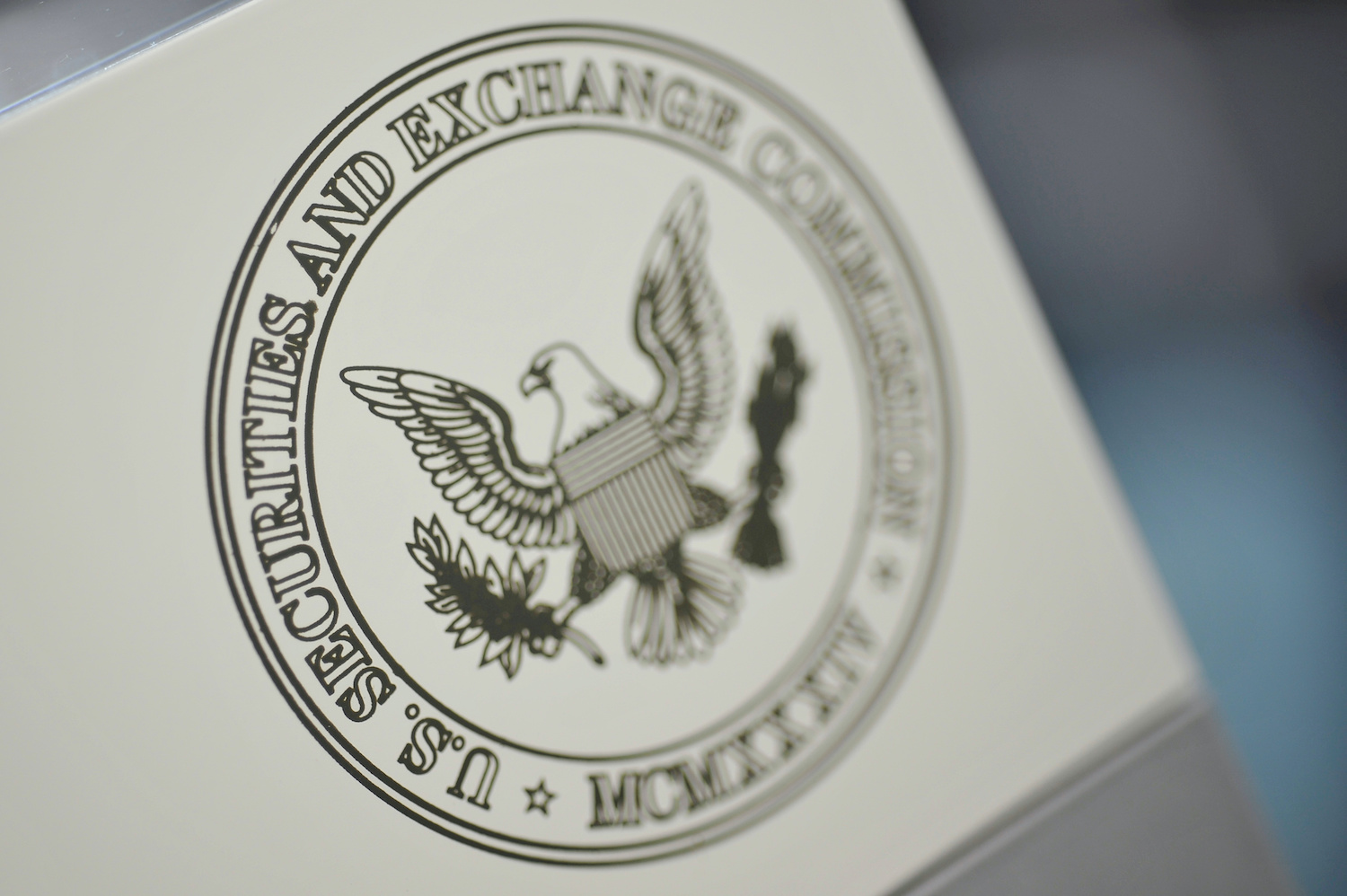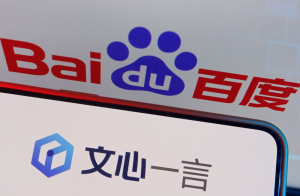(ATF) The Securities and Exchange Commission (SEC) on Wednesday March 24 began a process that would force foreign companies off American stock exchanges if they refuse to comply with US auditing standards over successive years, and require them to disclose any governmental affiliations.
The Holding Foreign Companies Accountable Act, signed into law by former President Donald Trump in December, aims to remove Chinese companies from US exchanges if they fail to comply with American auditing standards for three years in a row.
The rules also require firms prove to the SEC they are not owned or controlled by an entity of a foreign government and to name any board members who are Chinese Communist Party officials.
The agency fast-tracked the rules around how companies should submit documentation because it was required to issue them within 90 days of the act becoming law.
US-listed shares in major Chinese companies that could eventually be affected by the act fell on Wednesday, though against a backdrop of weakness for technology stocks on most major markets. Alibaba’s Nasdaq-listed shares fell -3.4% on the day, Baidu was down by -8.5% and JD.com saw a decline of -5.32%.
The SEC is now seeking public comments on a process for identifying companies that fail to meet the standards.
The new rules come amid ongoing tensions between the United States and China, with bipartisan American political support for a tough approach.
Alaska meeting
Last week in Alaska the two countries held their first high-level meeting since President Joe Biden’s inauguration, which quickly degenerated into an exchange of insults.
A flurry of 11th-hour efforts under the Trump administration led to multiple Chinese companies being delisted from US exchanges and over-the-counter trading platforms in recent months over allegations of Chinese military affiliations.
The SEC said it was still actively assessing how to roll out the rest of the law’s requirements, including the identification process and trading prohibition requirements.
“The interim final amendments become effective 30 days after publication in the Federal Register and comments on the amendments are due by the same date,” the SEC noted.
“The Commission is requesting public comment regarding implementation of the HFCA submission and disclosure requirements, as well as the appropriate mechanics for determining Commission-Identified Issuers,” it said.
“A registrant will not be required to comply with the amendments until the Commission has identified it as having a non-inspection year under a process to be subsequently established by the Commission with appropriate notice.
“Once identified, a registrant will be required to comply with the amendments in its annual report for each fiscal year in which it is identified. The Commission plans to separately address implementation of the trading prohibitions in Section 2 of the HFCA Act in a future notice and comment process,” it said.
‘Discriminatory and political’ – but good for HKSE
China has, not surprisingly, opposed these moves. But they have also been a boon for the Hong Kong Stock Exchange.
In December last year, China’s top securities regulator posted a statement on its website that said the additional disclosure requirements on foreign issuers stipulated in the Holding Foreign Companies Accountable Act are discriminatory.
“These provisions are obviously discriminatory and have totally deviated from professional considerations of securities regulation. The CSRC strongly opposes such acts of politicizing securities regulation,” the China Securities Regulatory Commission said.
But, the CSRC said it also looked forward to “dialogue” and “cooperation” with its US counterpart in order to create sound regulatory environment for cross-border listings.
The bill’s passage through the US Senate in May last year spurred an exodus of US-listed Chinese companies for secondary listings in Hong Kong, as an alternative “safe haven” for raising capital.
A total of 12 US-listed Chinese companies, such as Alibaba, JD.com, NetEase, Yum China, and New Oriental have carried out what they called a ‘homecoming’ listing. This month, online car-selling platform Autohome and search engine giant Baidu have listed shares in Hong Kong, and on Monday March 29, the video-streaming site Bilibili will do the same.
According to Wind data, there are 272 Chinese companies listed in the US, and most are in the technology, consumer and healthcare sectors.
Hong Kong Stock Exchange says that companies with more than HK$40 billion ($5.1 billion) of market cap, or over HK$1 billion ($129 million) in annual revenue and more than HK$10 billion ($1.3 billion) of market cap are eligible to seek a secondary listing in Hong Kong.
Researchers for China Galaxy Securities have said 48 US-listed Chinese firms meet the requirements of a secondary listing in Hong Kong, and they include Pinduoduo, Ctrip, Weibo, and the electric vehicle trio – Nio, Xpeng and Li Auto.
“Most Chinese companies’ stocks have been performing well after a secondary listing in Hong Kong. With the increasing flow of ‘southbound’ capital and Hong Kong stock exchange’s advantage, homecoming listings are expected to accelerate,” analysts from the securities firm said.
























